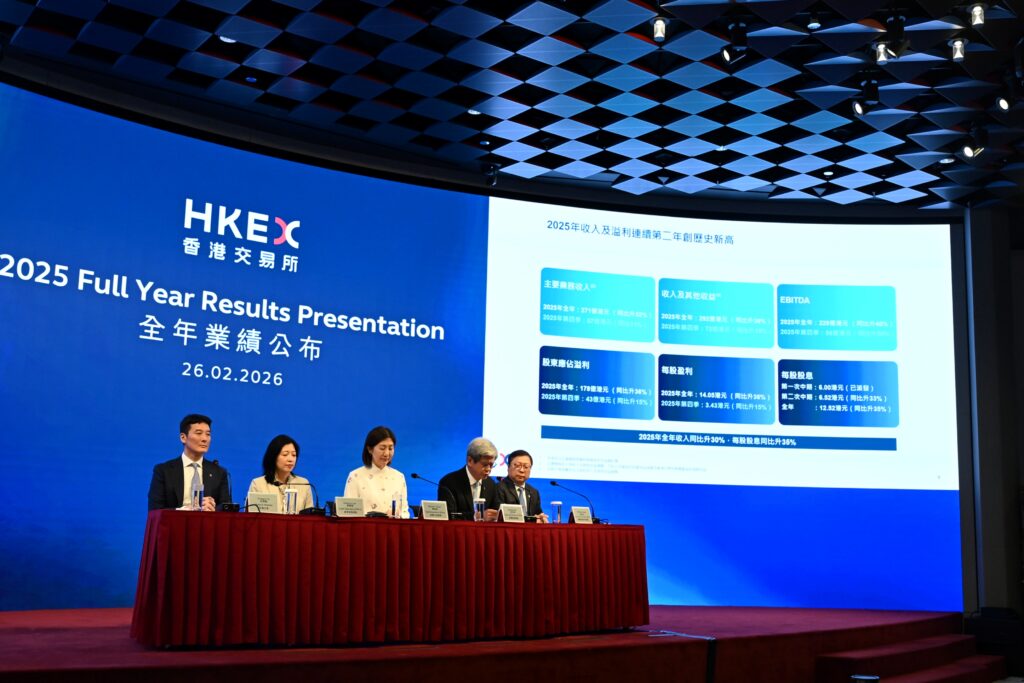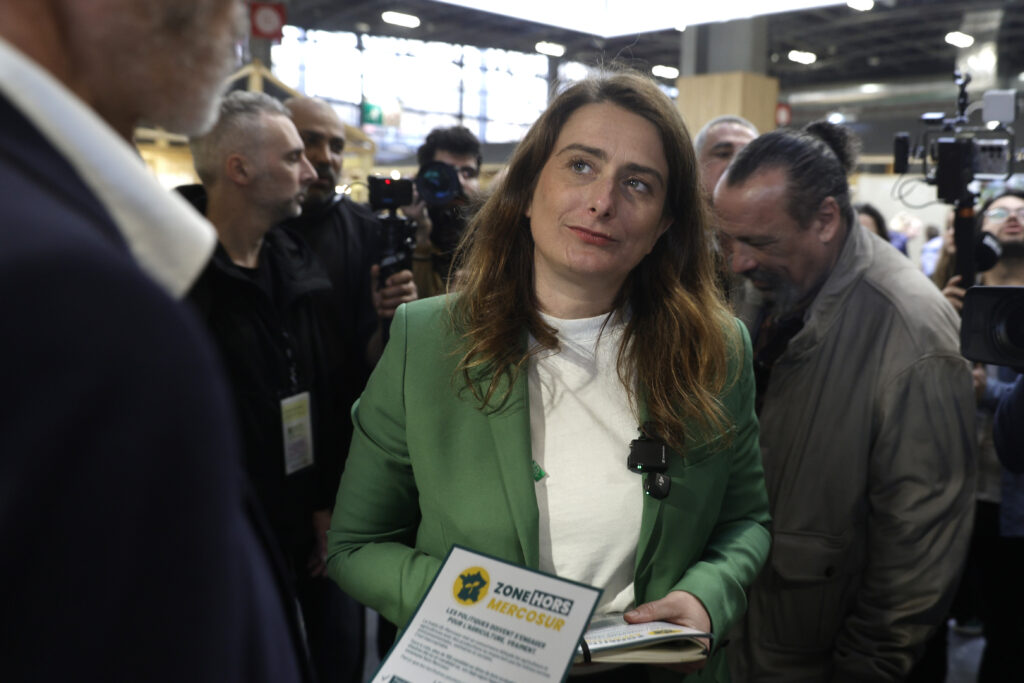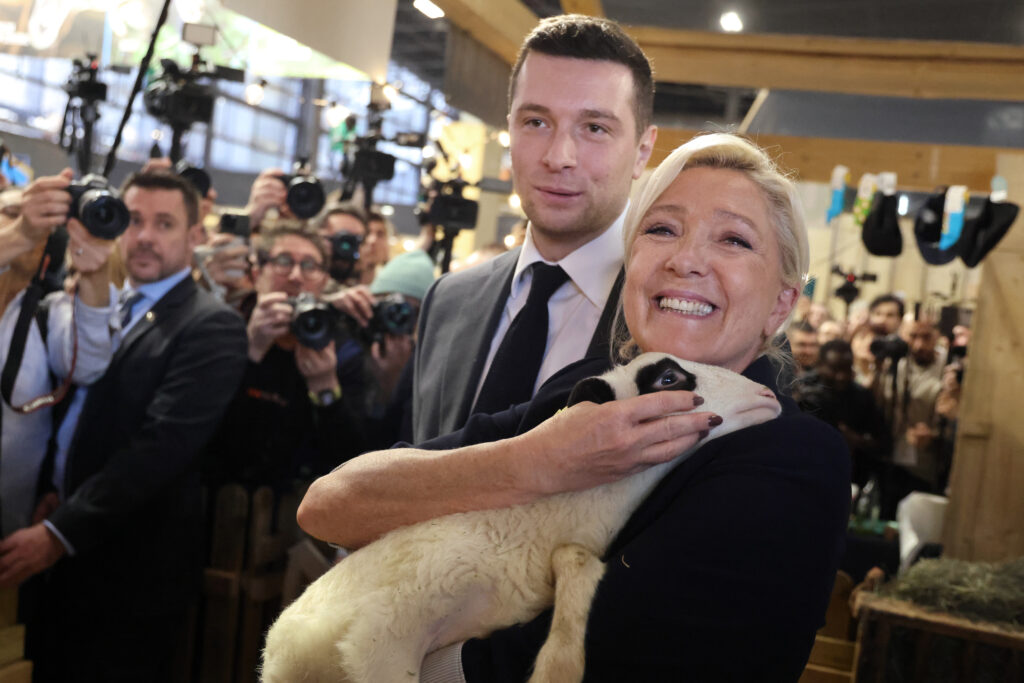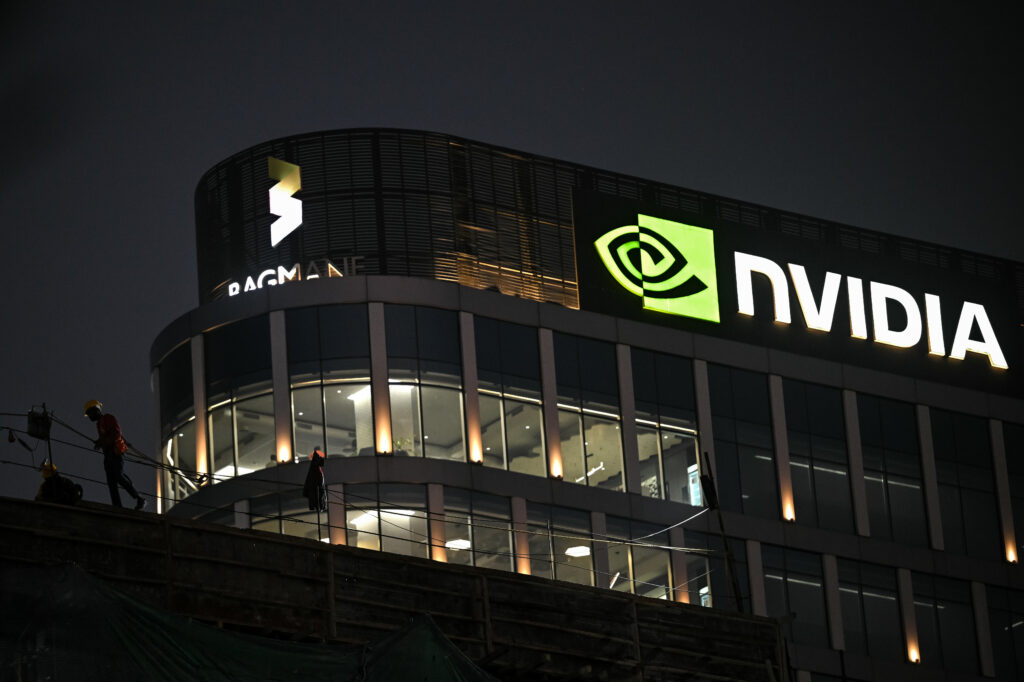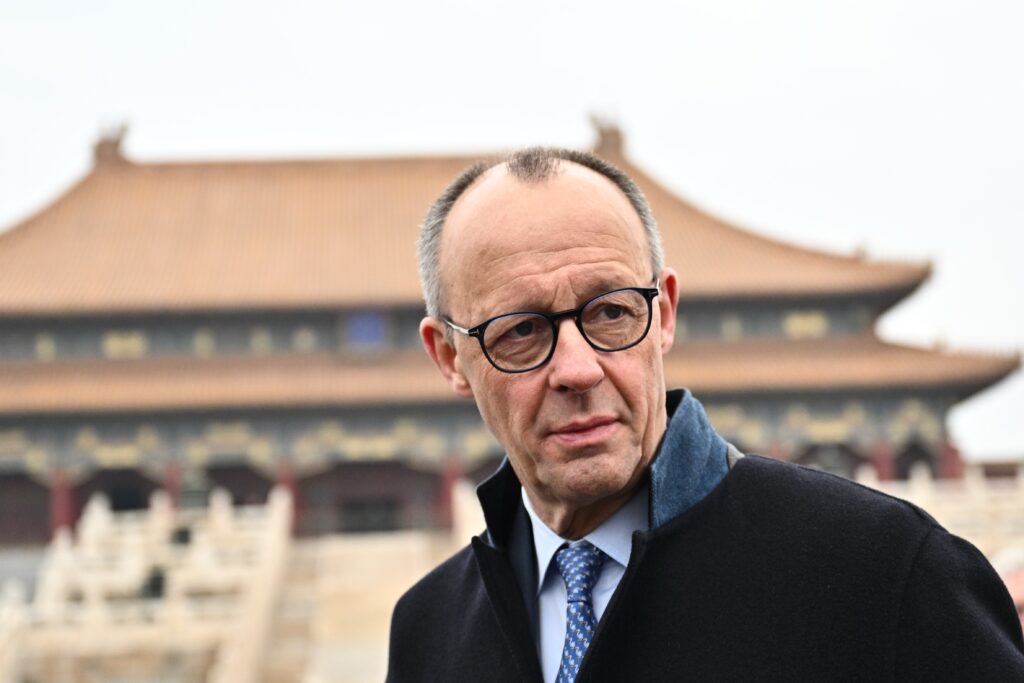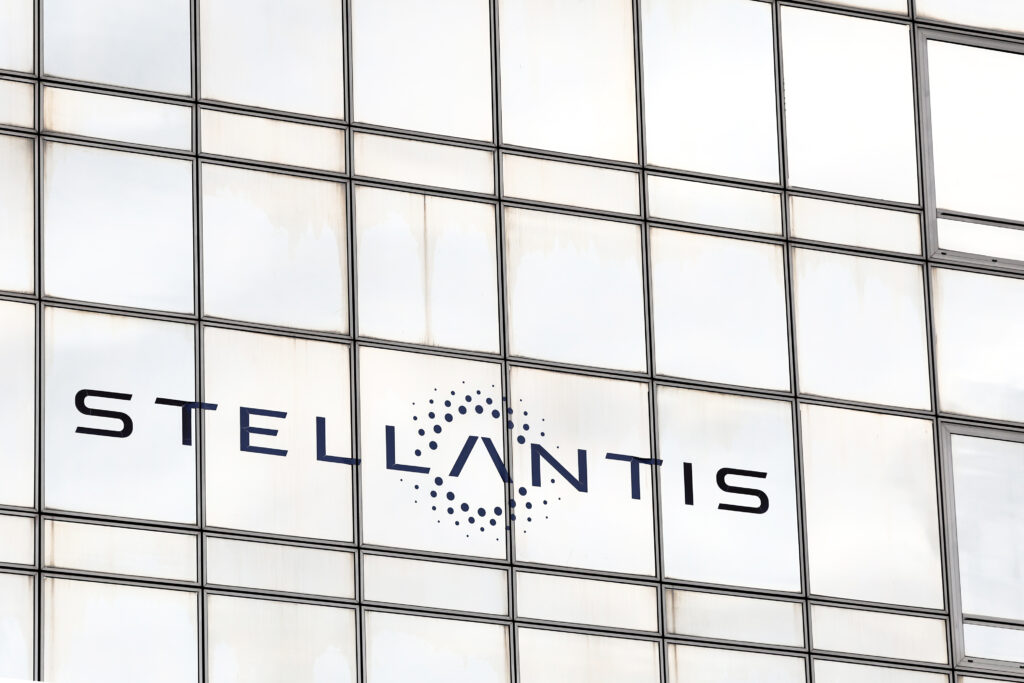Booming markets propel Hong Kong exchange’s profits to record high
Hong Kong’s stock exchange reported record profits for the second consecutive year on Thursday, after the finance hub topped the global rankings for initial public offerings in 2025.Profit attributable to shareholders rose 36 percent to US$2.3 billion, while total revenue and other income jumped 30 percent to also hit a peak of US$3.7 billion.Core business revenue climbed 32 percent from the previous year, thanks to increases in trading and clearing fees driven by record volumes across capital markets.Hong Kong Exchanges and Clearing (HKEx) chairman Carlson Tong said the performance was driven by “strong interest and increasing participation of international and Chinese Mainland investors, amid the ongoing dynamic macro backdrop”.”In 2025, HKEx reinforced its role as a global superconnector, regained its position as the world’s leading venue for IPOs and set new trading as well as financial performance records,” chief executive Bonnie Chan said.The firm expects volatility to “persist amid the prevailing macro landscape in 2026”, she added.But she said there was cause for optimism in capital markets as global investors seek diversification and risk management opportunities in Asian and Chinese assets.HKEx’s net investment income is expected to be affected in part by interest rate movement and the redemptions from the external portfolio, Herbert Hui, the exchange’s chief financial officer, said Thursday.- Behind the surge -Hong Kong’s IPO market welcomed 119 new listings and raised a total of US$36.7 billion in 2025, a 226 percent year-over-year increase.Dozens of companies from China piled into the city last year to raise overseas capital thanks to policy support from Beijing and optimised listing rules by Hong Kong regulators.The renewed interest in Chinese assets is partly because investors are seeking alternatives outside of the US market and are realising “that the performance of some sectors in China aren’t as bad as the feeble wider economy suggest”, China-focused economist Kelvin Lam told AFP.But over exposure to Chinese companies may pose potential risk to Hong Kong’s equity market, as they “can be volatile at times through policy and regulatory changes, sometimes not very transparent,” said Lam, who works for Pantheon Macroeconomics.The exchange operator is processing more than 400 listing applications, HKEx’s database shows.Amid the surge, Hong Kong’s market regulator, the Securities and Futures Commission (SFC), said in late January it had directed 13 IPO sponsors to conduct internal reviews to “rectify serious deficiencies” in preparing listing documents.The related behaviours also include sponsors’ misconduct and significant mismanagement of resources.The contacted sponsors are handling 70 percent of IPO applications in Hong Kong.Earlier this month, exchange head Bonnie Chan told reporters the review request was a “friendly reminder” from the regulators.She said Thursday that HKEx will continue to roll out listing rules to “support the development of the real economy”.HKEx is also dedicated to improving its market’s structure and efficiency, including shortening stock clearing time, she said.She added the bourse operator would “carefully consider” market calls to broaden the scope of confidential IPO filings. She did not provide details.In his annual budget on Wednesday, the city’s finance chief Paul Chan said the exchange would continue to explore establishing a multi‑asset post‑trade securities platform to cover China and Hong Kong equity and debt markets.Shares in HKEx were up 0.78 percent on Thursday.
